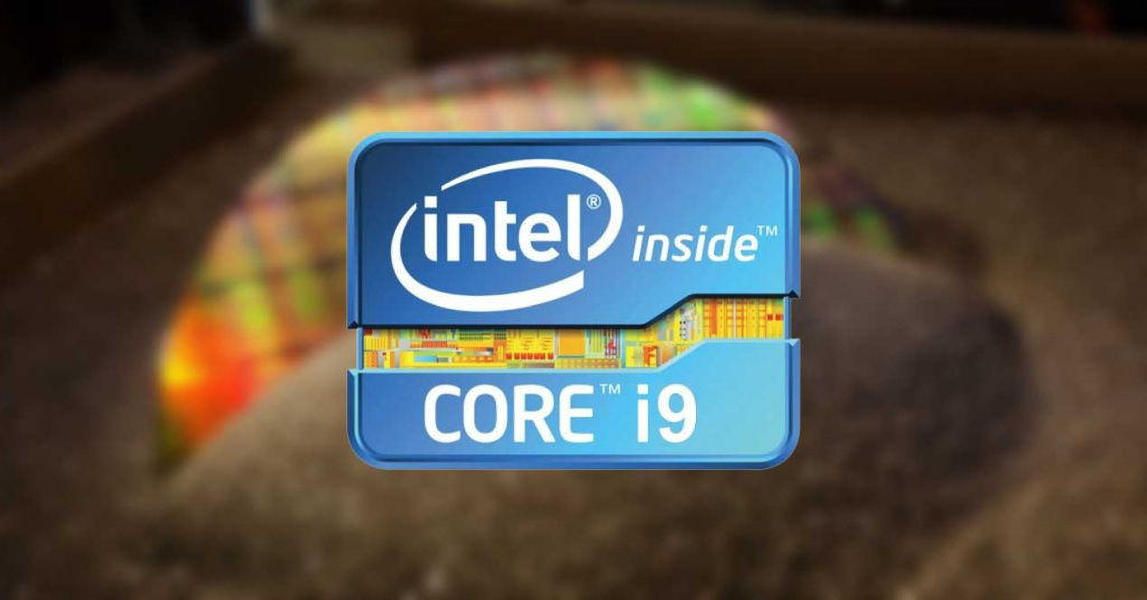Core i9 Review with latest Laptop models.

The processor in a computer performs some of the most important tasks such as processing information and retrieving data, fetch and decode instructions obtained from software and control the timing of each operation along with numerous other functions. The speed of the processor greatly impacts the performance of the PC as it determines how fast a specific function would be executed. Earlier this year on May 30th, Intel announced that it would be releasing high-end chips for PCs. The Core i9 family would include processors with 10, 12, 14 and 16 cores which are collectively termed as Sky lake-X architecture.
Here’s a summary of Intel’s Core i9 chips:
- Core i9-7980XE: 18 cores, 36 threads; 2.6GHz base clock, 4 GHz-4.4-GHz boosted clock
- Intel Core i9-7900X Processor,
- Core i9-7960X: 16 cores, 32 threads; 2.8GHz base clock, 4.2GHz-4.4GHz boosted clock
- Core i9-7940X 14 cores, 28 threads; 3.1GHz base clock, 4.3GHz-4.4GHz boosted clock
- Core i9-7920X: 12 cores, 24 threads; 2.9GHz base clock, 4.3GHz-4.4GHz boosted clock
- Core i9-7900X: 10 cores, 20 threads; 3.3GHz base clock, 4.3GHz-4.5GHz boosted clock
With rising competition in the processor markets with AMD’s Thread ripper being one of the best processors out there, it is no surprise that Intel is also trying to take over the competition. Core i9 is the latest PC processor by Intel, It started from Core m and moves up through the traditional Core i3, i5, i7 and finally Core i9. Core i9 is by the far the most prestigious and expensive chip offered by Intel’s which aims to provide the best possible performance. Intel’s Core i9 processor could be the biggest challenge for processors this year. Intel with its Core i9 processor has set a new precedent for chips by combining two CPU families. For instance, if you wanted the company’s latest Kaby Lake core, you had to buy a motherboard using the LGA1151 socket. And if you wanted to buy, say, a 6-core Sky lake CPU such as Intel’s Core i7-6800K, you had to buy an LGA2011 V3-based motherboard.
The core i9’s huge core makes it perfect for multitasking which can include playing a game, recording it and streaming it as well, or create heavy content on through various software. The processor has some impressive specs that can really catch the eye of anyone who is even the slightest bit into computers. The clock speed of the Core i9 family is splendid, with specifications as follows Core i9-7980XE: (2.6GHz, 4.4GHz burst) 18 cores/36 threads, Core i9: Core i9-7960X: (2.8GHz, 4.4GHz burst) 16 cores/32 threads, Core i9-7940X: (3.1GHz, 4.4GHz burst) 14 cores/28 threads, Core i9-7920X: (3.1GHz, 4.4GHz burst) 12 cores/24 threads, Core i9-7900X: (3.3GHz, 4.5GHz burst) 10 cores/20 threads. The Core i9 despite being costly is still quite popular among computer users.
The new core i9 consume about 112 Watts to 140 Watts of electricity depending on the model, and require a liquid cooling solution to keep them under the heat. Intel has also released three 165 watt chips which include the i9-7980XE, the i9-7969X, and the i9-7940X. The Core i9 consumes much more energy than AMD’s Thread ripper. All Core i9 use the new Socket R4, which is a 2066 pin LGA socket which for apparent reasons would need a new motherboard, hence making i9 incompatible with older motherboards. Intel’s i9 family has a wider diversity of processors, and a chip with more cores than any of AMD’s processors offers. Intel chips are consequently more power efficient as well. AMD’s Thread ripper has higher base clocks but they cannot keep up like the speed of Core i9’s clocks under load. Core i9 uses the X299 chipset which uses the Socket R4, a 2066 bump LGA socket. The chipset does not have any compatibility advantage, as it is not compatible with other Intel products. Intel’s X299 chipset do offer a set of benefits including Quad channel DDR4 2666 memory, improved Turbo Boost Max Technology 3.0, and up to eight SATA 3.0 ports, compared to six with the predecessor.
At the moment we have few Laptops with Core i9, here is a list of the systems that have Intel’s Core i9:
• Alienware 17: Core i9, GTX 1080, 16GB RAM, 512GB PCIe M.2 SSD with a 1TB 7200RPM HDD, 1440p 120Hz G-Sync display.
• Asus ROG G703: Core i9, GTX 1080, 32GB RAM, 512GB PCIe SSD with a 2TB hybrid drive, 1080p 144Hz G-Sync display.
• Gigabyte Aorus X9: Core i9, GTX 1080, 32GB RAM, 1TB NVMe SSD with a 1TB HDD, 1080p 144Hz G-Sync display.
• MSI G75 Titan: Core i9, GTX 1080, 32GB RAM, 512GB SSD with a 1TB HDD - $3,999 on Newegg.com with a 1080p 120Hz G-Sync display, or $4,499 on Newegg.com with a 4K 60Hz display
The next question that comes to mind is whether you should buy a computer with Core i9. The answer rests in a very simple concept. If you are looking for a multi-threaded performance then i9 is what you would want. If you edit videos, animate 3D scenes or perform any other task that is usually multi-threaded you will experience a huge boost in performance by opting for a 6 core chip. Even if your game does not allow you to use all six cores, the remaining hardware could be used to stream Mixer during your game. If you want Optane Memory then you could go for Core i9. Intel 8th generation chips are designed to support Optane Memory, but Intel has also added a mode that would allow you to use Optane Memory with secondary drives. This means that you can use Optane Memory to cache your hard drives especially the ones that cannot be fitted into SSDs. Also, if you want to overclock your laptop, then Core i9-8950HK is the answer, however, it depends upon the cooling of your laptop to know whether it supports overclocking.
On the other hand, if you already own a modern gaming system, or want to buy Core i9 solely for the sake of gaming, then investing in the former is of not much use now. Assessing your needs and understanding your commitments with the computer are the foremost points to consider buying for such processor.





